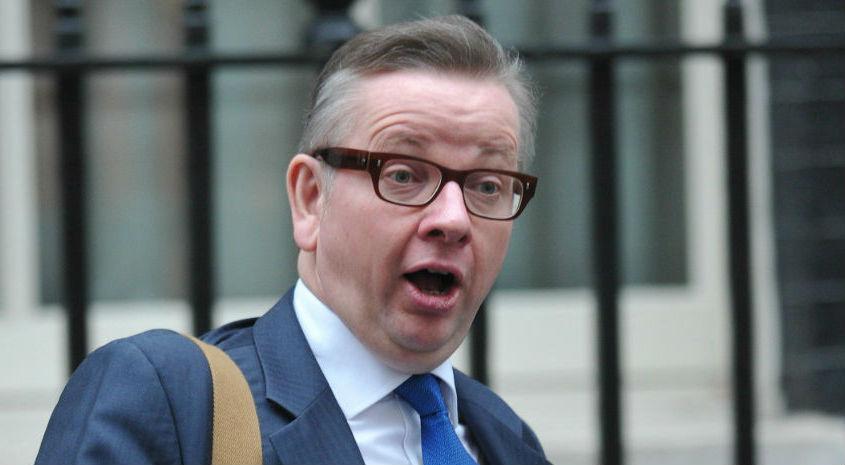Brexit will not be a pain-free 'quickie divorce' by 2019, parliamentary inquiry hears
A former permanent secretary at the Foreign Office dismisses Michael Gove’s ambition – saying, ‘I do not think it’s likely to be an attainable one’

Michael Gove has been told his dream of a pain-free “quickie divorce” from the EU is “unrealistic”, as a crucial Parliamentary inquiry got under way.
A former permanent secretary at the Foreign Office dismissed the former Education Secretary’s call for a post-Brexit trade deal to be struck with the EU by 2019.
Instead, Sir Simon Fraser – and academics giving evidence to the Commons Brexit Select Committee – said it was “inevitable” that a transitional agreement would be needed, stretching into the next decade.
That could see Britain forced to accept continuing to pay into the EU’s budget, some freedom of movement and the jurisdiction of the European Court – all opposed by pro-Brexit Conservative MPs.
The first meeting of the committee, charged with overseeing Theresa May’s Brexit strategy, was also told that:
- Any post-Brexit UK-EU trade deal would be a “mixed agreement” – requiring the consent of regional and national parliaments, as well as the EU – which is likely to hold it up;
- It is likely that around three million EU nationals will have to be given permission to stay in Britain, because it will be impossible to quickly identify who has the right to remain;
- The Prime Minister should make public the broad outlines of her exit strategy, because the EU will leak it anyway, once the negotiations start;
- Many more civil servants and border staff will have to be recruited if Britain leaves the EU’s customs union, which would impose a “heavy bureaucratic burden”;
- Unravelling 40 years of EU laws affecting Britain will be enormously complicated, because they are “a bit like a piece of knitting”;
- Britain has as few as 20-odd trade negotiators, when Japan, for example, has “thousands”;
- The Government should not press ahead with EU withdrawal without the consent of Scotland, Wales and Northern Ireland – although those parliaments and assemblies do not have a veto; and
- Parachuting new recruits on sky-high salaries into Whitehall “could affect morale” among existing more lowly-paid civil servants.
Mr Gove suggested a “quickie divorce” was needed – arguing a favourable trade deal “could be, if there is good will on the European side, concluded relatively quickly”.
But Sir Simon said it was a mistake to believe a new trade agreement could be concluded in parallel with the two-year timeframe of the Article 50 exit talks, due to start next spring.
Describing that ambition as “unrealistic”, he told Mr Gove: “I do not think it’s likely to be an attainable one.” That made an interim deal “inevitable”.
Sir Simon also sought to dampen Brexit trade hopes, pointing out it would be less favourable than the current single market arrangements, adding: “This will be an agreement on reducing trade.”
And he dismissed a Conservative MP’s claim that an over-gloomy Whitehall is foot-dragging on Brexit, saying: “Civil servants do not feel they have clear political direction.”
A third Tory MP on the committee, Craig MacKinlay, accused the former mandarin of talking down ambitions for Brexit, claiming: “The hymn sheet of Project Fear is still alive and well.”
Subscribe to Independent Premium to bookmark this article
Want to bookmark your favourite articles and stories to read or reference later? Start your Independent Premium subscription today.






Join our commenting forum
Join thought-provoking conversations, follow other Independent readers and see their replies
Comments